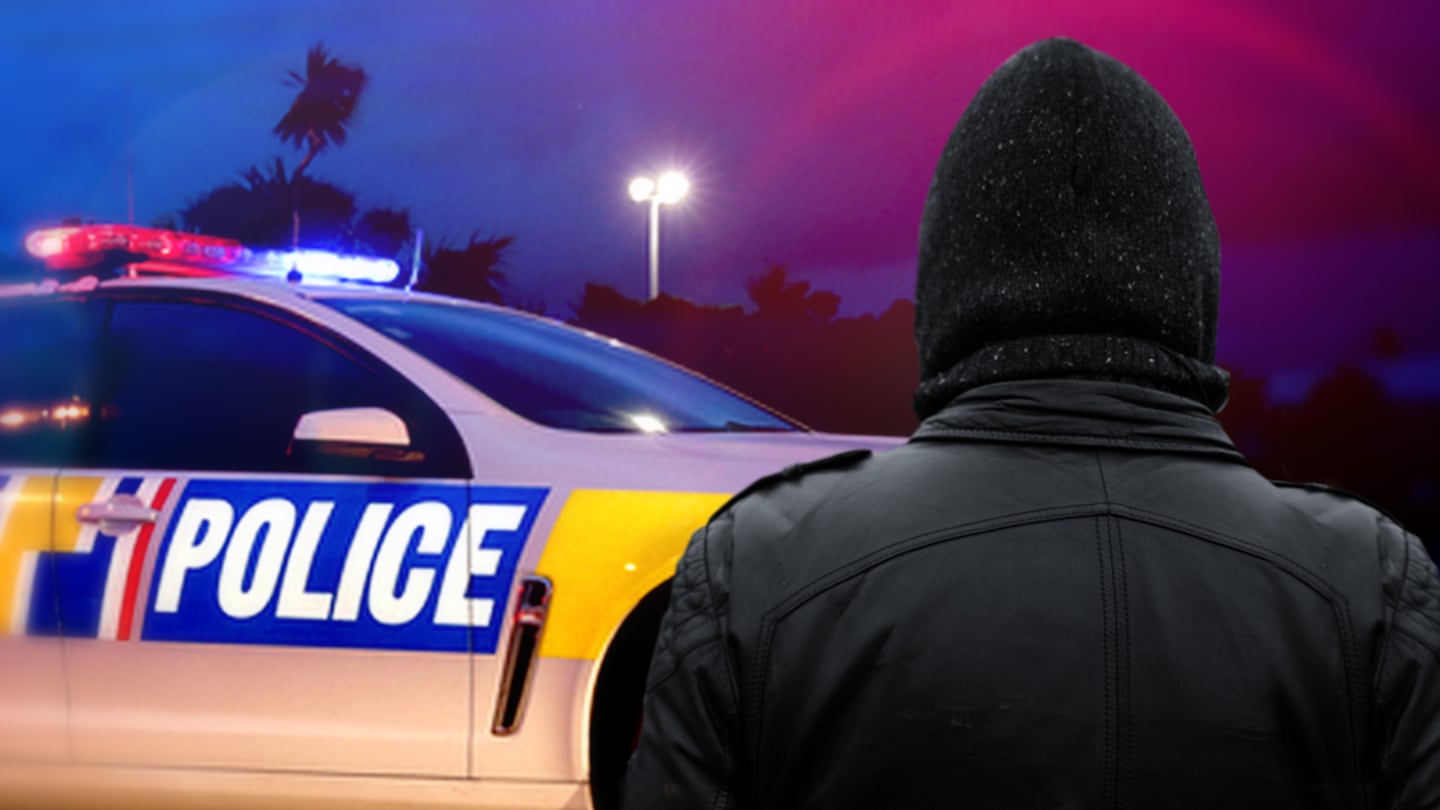Keeping firearms out of the hands of gang members and high-risk offenders is needed to ensure public safety, Associate Justice Minister (Firearms) Nicole McKee (Ngāpuhi) says.
Today she launched the Firearms Prohibition Orders Amendments Legislation Bill.
The Firearms Prohibition Order is part of the coalition government’s 100-day commitment on restoring law and order to give police a tool to crack down harder on gang-related offences.
“For too long gangs have been an intimidating and an unwelcome presence in our communities. They were able to increase in size over fifty-one percent under the previous soft-on-crime Labour government,” McKee says.
She says that this government’s initial job is to keep law-abiding citizens safe from criminals and emphasises that the key changes will aid in keeping Aotearoa safe.
McKee says communities in Aotearoa have borne witness to heightened gang-related violence.
‘Time we take back control’
“Our communities have experienced a frightful increase in gang-related violence, public intimidation and crimes involving illegally held firearms. It is time that we take back control.”
She says firearms prohibition orders will be imposed by a court via applications by the police when offenders have committed serious violent offences.
The FPO Amendment Legislation Bill prohibits offenders from holding a firearms licence and from accessing firearms.
She says the bill will expand the eligibility for firearms prohibition orders to more people who are in gangs, those that are affiliated with gangs andt hose who commit serious offences. It will also give police greater search powers.
“These orders are an important tool for police to keep firearms out of the hands of those who pose a risk to public safety.”
McKee says the bill makes three key changes to the FPO’s regime.
‘Any member of an organised group’
She says until now FPO’s could only be issued to be people convicted of certain specific violent offences such as murder, serious assault, sexual violence and aggravated robbery.
“The reality is that many senior gang members have others doing their dirty work and this means they often end up with only low-level convictions rather than convictions for serious offending. This bill will rectify that so firearms prohibition orders s can be issued to any member or associate of a gang or organised criminal group that commits any drug, firearms or violent offence.”
McKee says the bill’s second change is to give police new specialist search powers so anyone subject to a firearms order can be searched at any time.
“People with firearms prohibition orders are deemed to be the highest risk to public safety and should be subject to the highest level of monitoring.”
She says police need to be able to search offenders with an FPO, their vehicles and their premises for firearms at any time to ensure that they are compliant to court ordered FPO’s.
McKee says the third change to the bill is to establish a process for people who no longer pose a risk to apply to have their prohibition order modified or even removed. They will be able to apply to the court for determination as to whether the order should be changed or lifted.
“This government deems it critical to ensuring the success of the FPO regime.”




